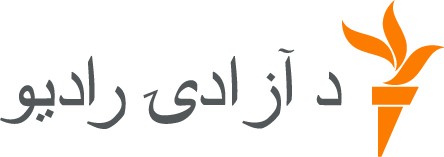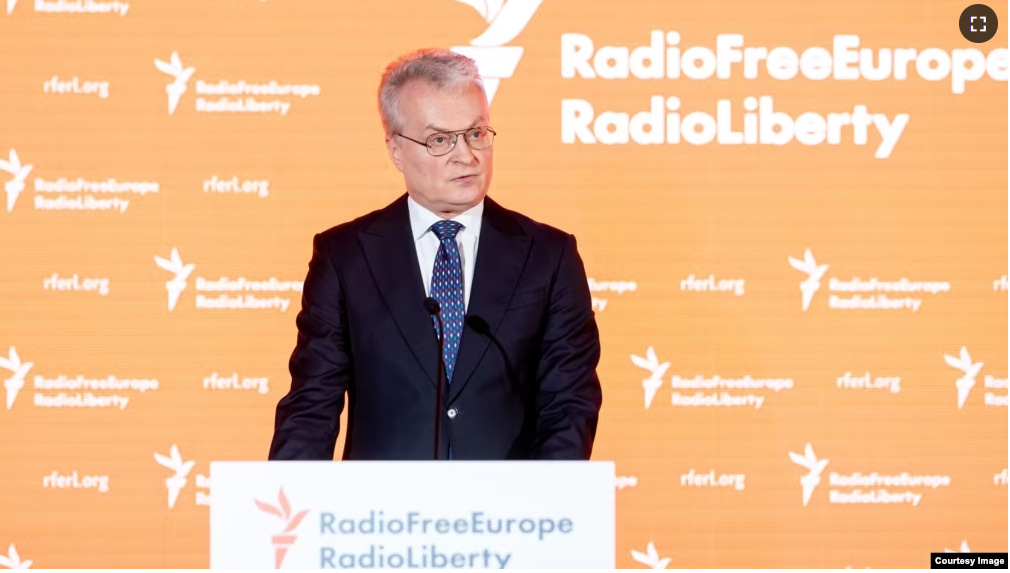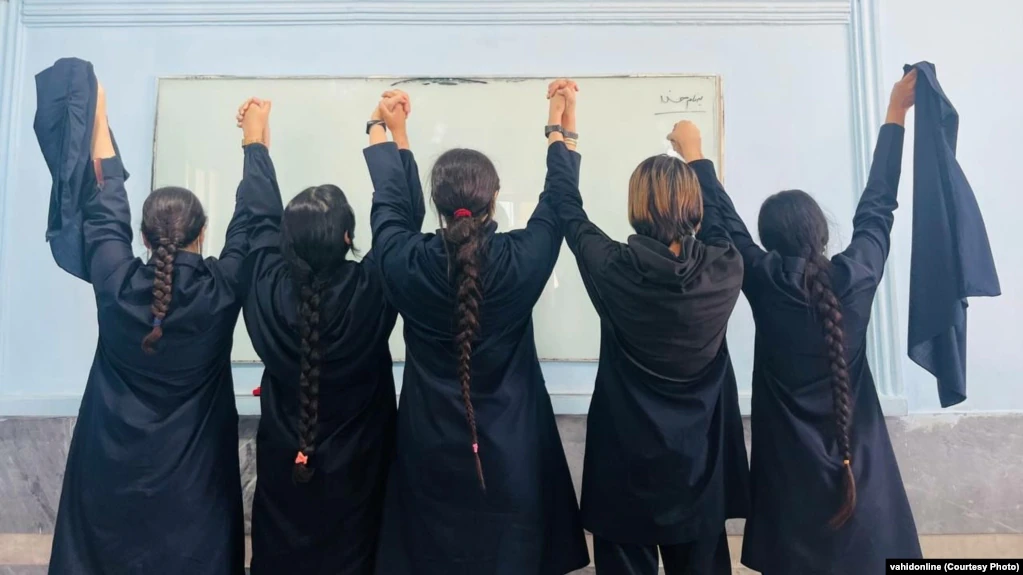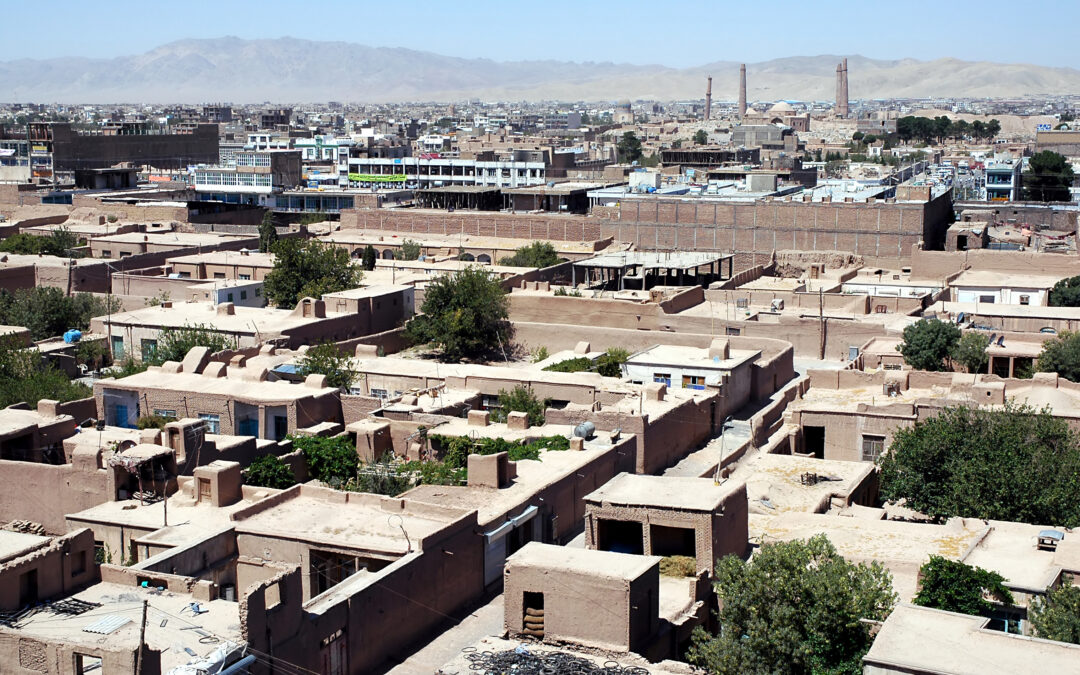
CEO Bennett condemns Iran’s sanctioning of RFE/RL president
CEO Bennett condemns Iran’s sanctioning of RFE/RL president
U.S. Agency for Global Media CEO Amanda Bennett responded to the addition of Radio Free Europe/Radio Liberty (RFE/RL) President and Chief Executive Officer Jamie Fly to Iran’s sanctions list with a message of support for the people of Iran and a condemnation of the actions of their government.
“This action by officials in Tehran is clearly part of their strategy to limit Iranian citizens’ access to uncensored information and intimidate those who seek the truth,” said Bennett. “The people of Iran have shown great courage in their fight for freedom. Despite the Iranian regime’s escalating attacks on the free press, independent journalists, and the open exchange of ideas, USAGM will not be deterred in our mission to provide audiences in Iran with independent, fact-based journalism.”
These sanctions come in the wake of the Iranian government’s deadly crackdown on demonstrators protesting the death of 22-year-old Mahsa Amini, detained by Iran’s “morality police” for allegedly wearing a head scarf, or hijab, improperly, and follow a summer of unrest over poor living conditions and economic woes sparked by U.S. sanctions on Iran over its nuclear program.
Fly is one of more than two dozen people and entities added to Iran’s sanctions list in response to new measures taken by the European Union and the United Kingdom against Tehran. RFE/RL’s Radio Farda was sanctioned in December 2022. The most recent sanctions ban those on the list from entering Iran and make it clear that their property and assets in Iran will be subject to seizure. The RFE/RL president described his inclusion on the sanctions list as “a badge of honor,” adding, “I am proud of the journalists at Radio Farda who are exposing government lies and cruelty, and reaching ever-growing audiences who want the truth. Nothing will halt our work.”
According to a USAGM survey conducted in early 2021, RFE/RL and Voice of America together reached 19.0% of Iranian adults on a weekly basis across all languages and media platforms, with a measured unduplicated weekly audience of more than 12 million adults in Iran.
Audiences in Iran continue to access RFE/RL and VOA programming, despite the government’s intensified efforts to block access to the internet, thanks to circumvention tools supported by the Open Technology Fund (OTF). Following the Mahsa Amini protests, the number of monthly active users of OTF-supported circumvention tools grew from 6 million to over 30 million users. That means 1-in-4 Iranians use these tools to access the internet and over 90% of USAGM’s Iranian audience uses OTF-supported Virtual Private Networks (VPNs) to access USAGM’s content.
[Source: USAGM press release]




